Scientists Say
A weekly word defined, in a sentence and in context. Click here to find the alphabetized list.
-
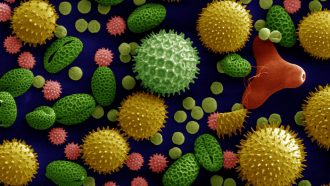 Plants
PlantsScientists Say: Pollen
Pollen is a mass of tiny reproductive cells. These grains combine with egg cells to form seeds — but on the way, they can make some people miserable.
-
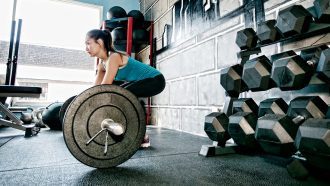 Chemistry
ChemistryScientists Say: Metal
Metals are substances that can be elements, alloys or compounds. They all conduct heat and electricity and can be formed into different shapes.
-
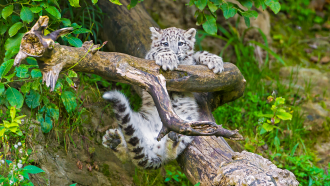 Life
LifeScientists Say: Genus
A genus is a group of closely related species. It’s the first part of the two-part system called binomial nomenclature, used to name living things.
-
 Chemistry
ChemistryScientists Say: Alkaline
Alkaline chemicals are basic — substances that produce hydroxide ions in solution.
-
 Math
MathScientists Say: Pi
Pi is the ratio of a circle’s circumference to its diameter. But some mathematicians say life would be easier if we used a different ratio instead.
-
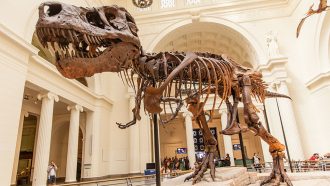 Fossils
FossilsScientists Say: Dinosaur
Dinosaurs emerged between 243 and 233 million years ago. While some died out 66 million years ago, others are still with us — birds.
-
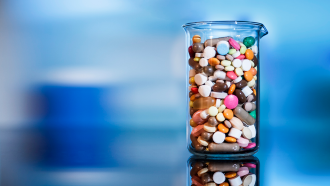 Health & Medicine
Health & MedicineScientists Say: Placebo
In clinical trials, scientists often test a drug or procedure against a placebo — a treatment that has no effect — to find out how well their new treatment works.
-
 Physics
PhysicsScientists Say: Acceleration
Acceleration is a change in velocity. That could mean a change in speed or in direction.
-
 Physics
PhysicsScientists Say: Radiation
Radiation is the motion of energy through space as waves or particles.
-
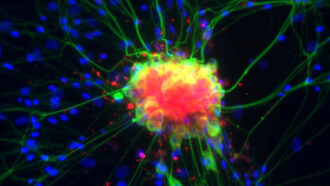 Brain
BrainScientists Say: Neuron
Neurons are the foundational cells in the nervous system. They pass along and process information using electrical signals.
-
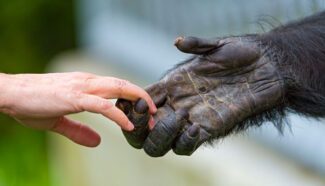 Life
LifeScientists Say: Hominid
Scientists are still working out what counts as a hominid. Some say it’s just people and our extinct ancestors. Others say add more apes.
-
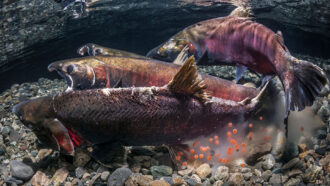 Life
LifeScientists Say: Egg and sperm
An egg or a sperm cell contains half of the normal genes an organism needs. They fuse together to form a new individual.